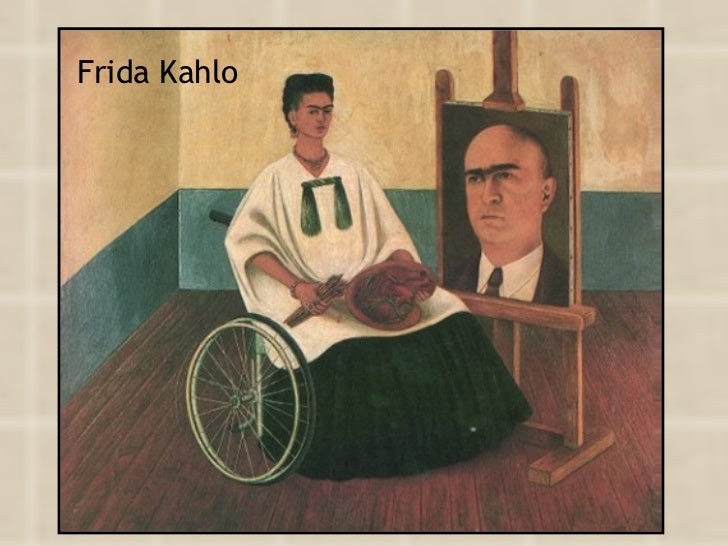Sourcing to Sacred
What follows is the reading I wrote for the Sunday Service August 6, 2017, at UU Congregation at Willamette Falls (in Oregon City)
Nature
 |
| copyright Hawthorne Post |
While driving my car across the united states from Oregon to New York State I saw a lot of sunsets. I was driving east, of course, so the sun was always setting in my rear-view mirror. In the middle of Montana. Sagebrush country. Flat. 70 or 80 miles an hour and no-one else on the highway. Hour after hour. Ennervating mid-summer heat. Singing to myself to stay alert. A flash of orange, no, pink, in the rear view mirror. what?! I pulled over, got out of the car, and Stepped into shimmering heat... The sky was awash in color, Orange, red, pink, lavender, deep blue. I felt myself tiny, expanding and melting into the limitless glory. Later, as I returned to my self under the quieting purple sky, I noticed tears on my face.
Years later, returning from my best friend’s memorial service, making the same trip. At night in Utah, I found myself driving toward the glowing disc of the full moon over the stark crags of the rocky mountains. My awe and wonder were too great to contain, I had to call someone: “You would not believe how HUGE this moon is. So bright, the snow on the mountain is gleaming!”
 |
| (Bill Blevins, Creative Commons) |
As Annie sings in “Annie Get Your Gun”
Got no silver, got no gold,
What I've got can't be bought or sold.
I've got the sun in the morning
And the moon at night.
The sun, and the moon. The sacred.
Relationship
Judy Grahn writes, in “Love Belongs to Those who do the Feeling” - “Love rode 1500 miles on a greyhound bus & climbed in my window one night to surprise both of us. The pleasure of that sleepy shock has lasted a decade now or more because she is always still doing it and I am always still pleased. I do indeed like aggressive women who come half a continent just for me; I am not saying that patience is virtuous.
Love, like anybody else, comes to those who wait actively, and leave their windows open.”
Come with me now to another hot summer afternoon. I’m drumming for African dance class. Sweat is dripping into my eyes and the dancers look exhausted. It has only been 40 minutes but it has been 40 long minutes of listening to us ALMOST get it. One drummer is dragging behind, another is Taking out his aggressions on his drum. Another is glaring at the rest of us, and others are doggedly, heads down, whaling away, mumbling “Bok-o-bok, bok-o-bok” as they play.
Then it happens. Maybe because of a dancer’s laugh. Maybe enough of us took a deep breath. Maybe the loud one backed off and the slow one sped up. Whatever it is. Magic happens. We look up, amazed smiles on our faces. The dancers have a new spring in their steps. And we hear what sounds like a choir, the invisible choir, singing with the drumming. Barbershop singers call this the angels in the rafters. An ENERGY runs through the whole group. We are no longer individual drummers making sounds in patterns. We aren’t making music. Music is making us. We are part of a greater whole.
When the invisible choir shows up, we know we’ve found the sacred.
The divine comes to those who wait actively, and leave their windows open.









